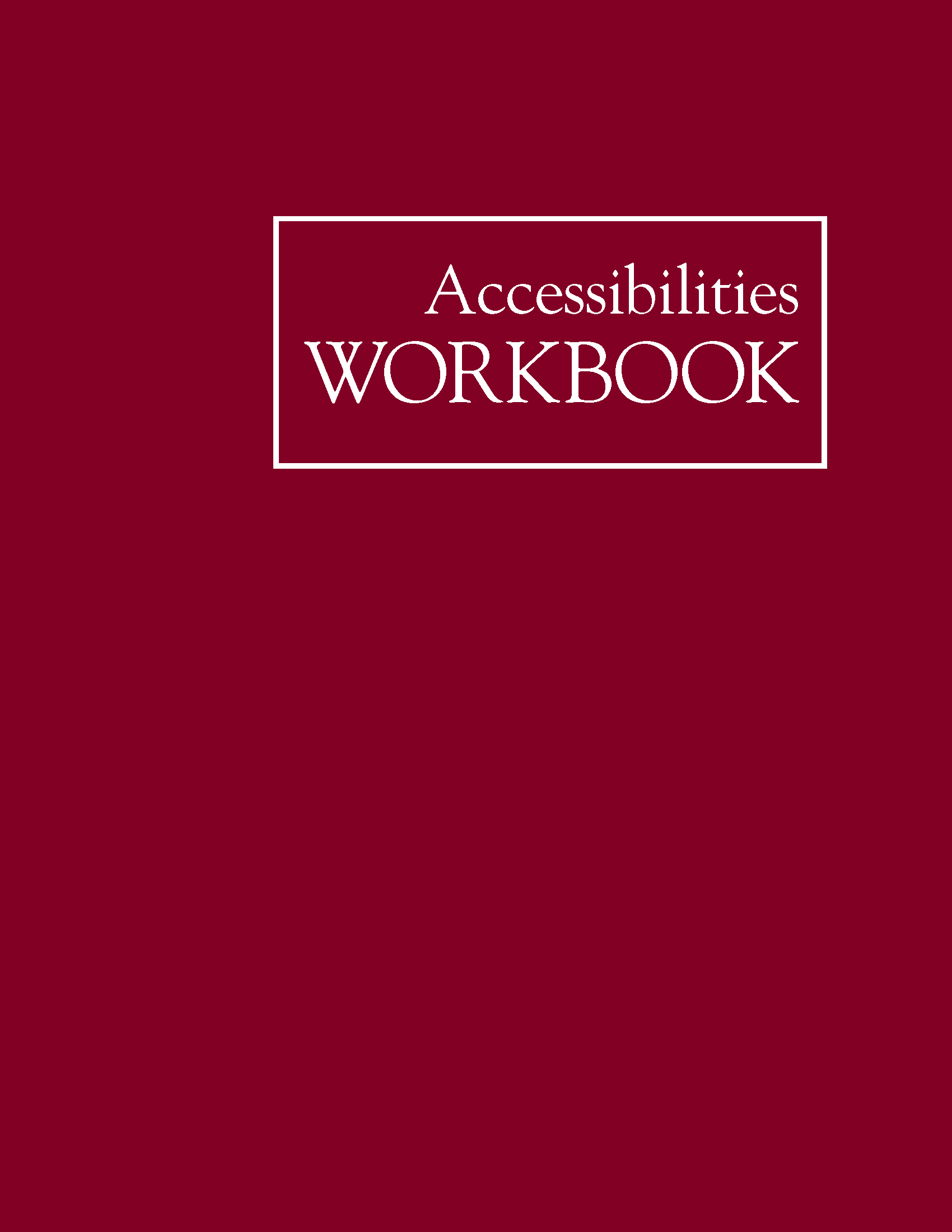
Remote Communities Committee Workbook
This workbook is intended as a guide for A.A. members involved in Remote Communities Committee work.

Remote Communities Kit
Remote Communities Committees use the Accessibilities Kit. The kit contains the workbook and a selection of pamphlets, guidelines and order forms associated with Remote Communities Committee work.
Service ideas for Remote Communities Committees
- Organize regular telephone/teleconferencing/videoconferencing A.A. and service meetings with members in remote communities.
- Identify community resources and leaders within specific ethnic and cultural communities. Provide such culturally significant representatives with PSAs, A.A. literature and presentations to help establish ongoing communication.
- Make sure there is an A.A. presence in underserved areas — consider starting meetings in communities where none exist.
- Work directly with existing members in underserved communities to take regular A.A. meetings onto Native American reservations, into inner-city communities, special language enclaves, remote areas, or help set up online meetings and mobile collaborations;
- Provide regular reports — in accessible formats — of service workshops, district meetings and other service information that will help keep these communities connected to the whole of A.A.
- Arrange meetings for A.A. members who do not have regular access to A.A. meetings, e.g., in hospitals; rehabilitation centers for those with injuries or physical differences; residences for those with intellectual or information processing challenges; and those in assisted living or skilled nursing facilities.
- Coordinate Remote Communties workshops at the group, district or Area level.
- Provide Remote Communities workshops and assistance to people with who need it at conventions, conferences, service weekends, service meetings, special events, etc.
- Gather local information and identify outside local resources regarding remote communities.
For more ideas like this, see the Accessibilities Committee Workbook.
Share Remote Communties Experience
The Accessibilities desk at the A.A. General Service Office is dedicated to Remote Communities activities. Committees are encouraged to share local experiences and challenges with this desk.
Participate in the Loners-Internationalists Meeting (LIM)
The Loners-Internationalists Meeting (LIM) is a confidential bimonthly bulletin sent to Loners, Homers, Internationalists, Port Contacts and Loner Sponsors. The bulletin contains excerpts from LIM members’ letters that are sent to the General Service Office (GSO) of Alcoholics Anonymous.
To participate, an A.A. member needs to:
- be able to read and write in English;
- provide a stable email and/or mailing address;
- be willing to share experience, strength and hope via correspondence. Many LIM members communicate via email, while some utilize postal mail.